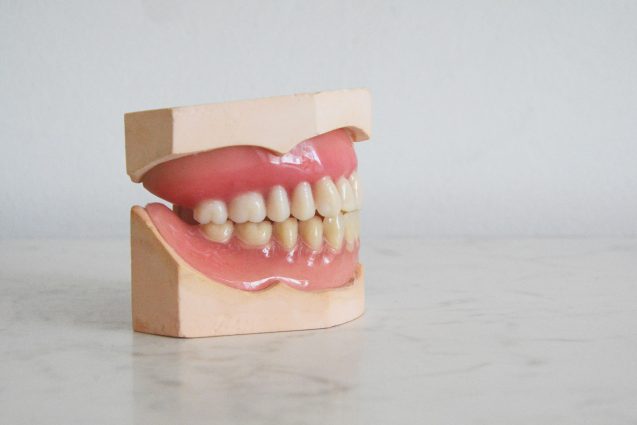With more support than ever before in the health industry, there are multiple new and exciting developments in technologies that are changing dentistry. From smart toothbrushes to virtual reality technology, this month’s blog will discuss three currently in the market.
Implants

A dental implant is a medical device mimicking a tooth which is cemented to the jaw using a screw like structure. Implants are used for people needing teeth replacement that want the convenience of a long-term solution that stays in the mouth (unlike dentures).
Although the first dental implant was installed in 1965, implants have only just recently become a more affordable and popular choice, with the global dental implant market at $5.17B AUD.
Recent advancements in the implant industry include antibacterial coated implants. The antibacterial coast consists of a silica gel with antibacterial agents which further reduce the chance of infection.
Smart toothbrushes
Smart toothbrushes a recent and enticing device in the dental market. These smart toothbrushes contain pressure sensors that translate to a more comprehensive understanding of the user’s mouth. The user can navigate the status of their previous cleans and overall brushing health. The factors that determine brushing health include pressure, frequency, and brushing coverage; notifying you on areas that may have been missed or need more attention.
Although one does not need a smart toothbrush to clean well, with the real time feedback from smart toothbrushes, the cleaning process is far more engaging and therefore can be more effective, particularly for those needing extra support cleaning their teeth. Smart toothbrushes start at around $50 making them an affordable choice.
Dental simulator
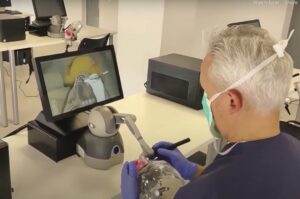
As we have seen virtual reality, or ‘VR’, become a riveting piece of tech in the entertainment industry, its benefit is now being seen in the dental industry through the training of dental students. The innovation has been utilized during the various lockdowns dental students have endured over the recent years, combatting the issue of isolated learning. These portable VR sets simulate realistic procedures in clinical environments with continual feedback on their drilling, pressure, and overall technique.
Students use models connected with the VR to further simulate the real experience. From cleans to restorative work, these VR devices enrich the learning experience for dental students, as well as support their confidence. As COVID-19 and its restrictions prevail, dental VR sets are only growing in popularity across universities around the globe.
Sources:
CNET
Grand View Research
Health direct
Myhillsdentist
Simtocare
National Library of Medicine
More
What are dental sealants?
Dental sealants is when a dentist places tooth coloured material called composite on the deep grooves of your back teeth (molars). The reason this is done is because this is where tooth decays are most common to start on your back teeth as most people tend to not brush the back teeth as they are hard to reach.
To prevent the bacteria forming in these grooves, dentists build it up. The best time to get sealants would be around the age of 13, which is when the permanent teeth are fully erupted. This does not mean you cannot get them when you are older. Sealants can protect your teeth for up to 10 years and your dentist can replace any sealants if they start wearing down.
How Are Sealants Applied?
Applying sealant is a simple and painless process. It takes only a few minutes for your dentist or hygienist to apply the sealant to seal each tooth. The application steps are as follows:
- First the teeth that are to be sealed are thoroughly cleaned.
- Each tooth is then dried, and cotton or another absorbent material is put around the tooth to keep it dry.
- An acid solution is put on the chewing surfaces of the teeth to roughen them up, which helps the sealant bond to the teeth.
- The teeth are then rinsed and dried.
- Sealant is then painted onto the tooth enamel, where it bonds directly to the tooth and hardens. Sometimes a special curing light is used to help the sealant harden.
Sources:
WebMD
Dental Health Services Victoria
More
By Signature Smiles
01 Oct, 2021
Uncategorized
bacteria, bad breath, cavities, decays, dentak, dentist, fronts, grills, Grillz, gum disease, teeth grills, tooth decay
What are Teeth Grills?
Teeth grills often known as fronts or “Grillz” are removable covers for your teeth which are often made by gold, silver or cheaper metals. They can be put on one or more teeth and can be taken off at any time. While studies done by the American Dental Association have not show that grills can be harmful, they are also no studies to prove they are safe for your teeth.
 Dental Risks of Teeth Grills
Dental Risks of Teeth Grills
There are different types of risk for teeth grills such as:
- Bacteria and debris- Grills can cause food to get stuck in between the grills and teeth which can lead to tooth decay, bad breath and gum disease.
- Glue- The glue that is used to attach the grills could cause harm to your teeth and gums to the chemicals that it uses.
- Abrasion- Grills could scrape away the enamel on your teeth
- Chewing and speaking- The grills could negatively affect your chewing and speaking if places in a wrong position.
How can you take care of you Grills?
If you choose to have grills you should always make sure you’re cleaning you mouth and gums to avoid any gum diseases or cavities.
- Wear you grill sparingly as needed
- Clean you grill daily to avoid bacteria
- Floss daily to get rid of trapped food
- Remove you grill before eating and cleaning your teeth
Consult your dental professional regarding allergies, cost, materials and risks before getting any dental grills.
References:
Colgate
True Care Dentistry
More
What is Erosion ?
Dental erosion happens when the top layer of your teeth called the enamel wears away due to the acids that come up from your stomach. This can cause more cavities to form because the protective enamel is gone.
Your stomach creates natural acids to help digest food and usually the acid travels back up and into your mouth especially after larger meals and your saliva rebalances your acid levels so this doesn’t affect your teeth in the long run. However, for people that may suffer from acid reflux or gastric acids this process can be damaging especially when you’re asleep and your mouth is producing less saliva.
If the enamel has started to wear away you would feel the following:

- Pain or sensitivity when drinking, hot, cold or sweet drinks
- Discoloration of teeth
- cracks and chips
- indentations known as cups on the surface of your teeth
- Develop abscess (extreme case)
- Experience tooth loss (extreme case)
Unfortunately dental erosion is permanent and you may need to get dental work such as fillings or crowns to restore those teeth.
How can you protect your teeth?
To protect your teeth or gain some relief you could do the following
- Chew sugar free gum to help produce saliva and neutralise the acids in your mouth
- Fluoride toothpaste or some prescription toothpaste which would help reinforce the enamel
- Avoid smoking and alcohol
- Avoid eating 3 hours before your bedtime.
- See your dentist regularly and they may be able to recommend ways to protect the tooth enamel or suggest ways to get more relief.
References :
Mouth Healthy
Healthline
More
Dry mouth occurs when your mouth cannot produce enough saliva. This condition causes parched or dry feeling in your mouth. Other symptoms include bad breath, dry throat and cracked lips. To maintain good dental health you body must produce enough saliva, it not only helps break down food but also works to protect your gum and teeth from gum disease and tooth decay. While dry mouth isn’t a serious medical condition it can be a symptom of a much larger medical problem which can then lead to tooth decays.
What causes dry mouth?
The most common cause of dry mouth is dehydration. However there are other conditions that can affect saliva production such as,
- stress
- anxiety
- smoking tobacco
- using marijuana
- taking tranquilizers
- breathing through your mouth
- taking certain medications, including some antihistamines, antidepressants, and appetite suppressants
- undergoing radiation therapy on your head or neck
- some autoimmune disorders, such as Sjögren’s syndrome
- botulism poisoning
- aging
Some tips to treat dry mouth
In most cases dry mouth can be prevented or relieve symptoms by doing these home remedies.
- sipping water often
- sucking on ice cubes
- avoiding alcohol, caffeine, and tobacco
- limiting your salt and sugar intake
- using a humidifier in your bedroom when you sleep
- taking over-the-counter saliva substitutes
- chewing sugarless gum or sucking on sugarless hard candy
- using over-the-counter toothpastes, rinses, and mints
If none of these home treatments work, visit your dentist or doctor and they might be able to prescribe you medications to help.
Sources:
Dry Mouth
More



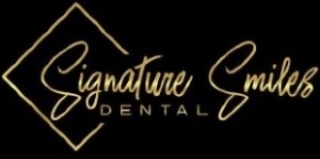
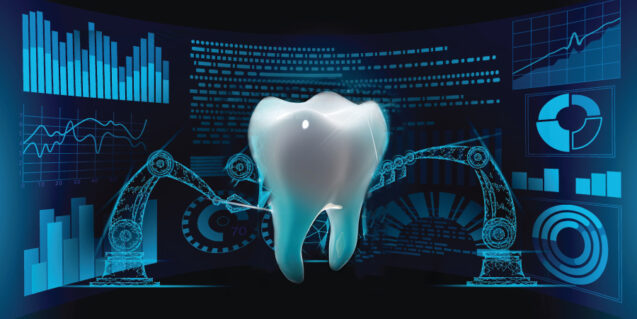
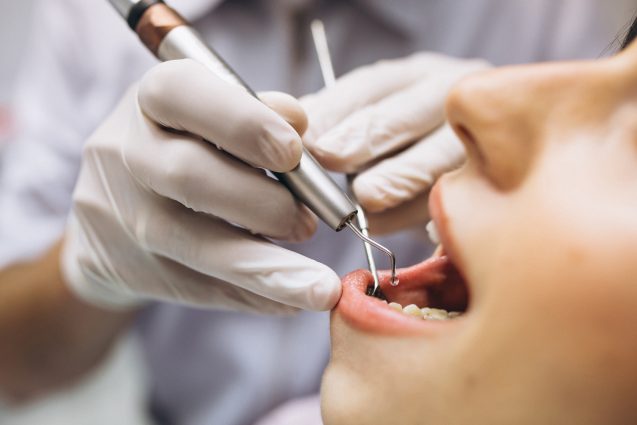
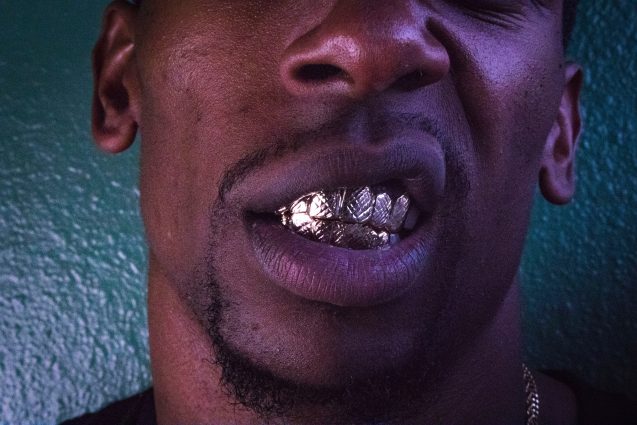
 Dental Risks of Teeth Grills
Dental Risks of Teeth Grills

